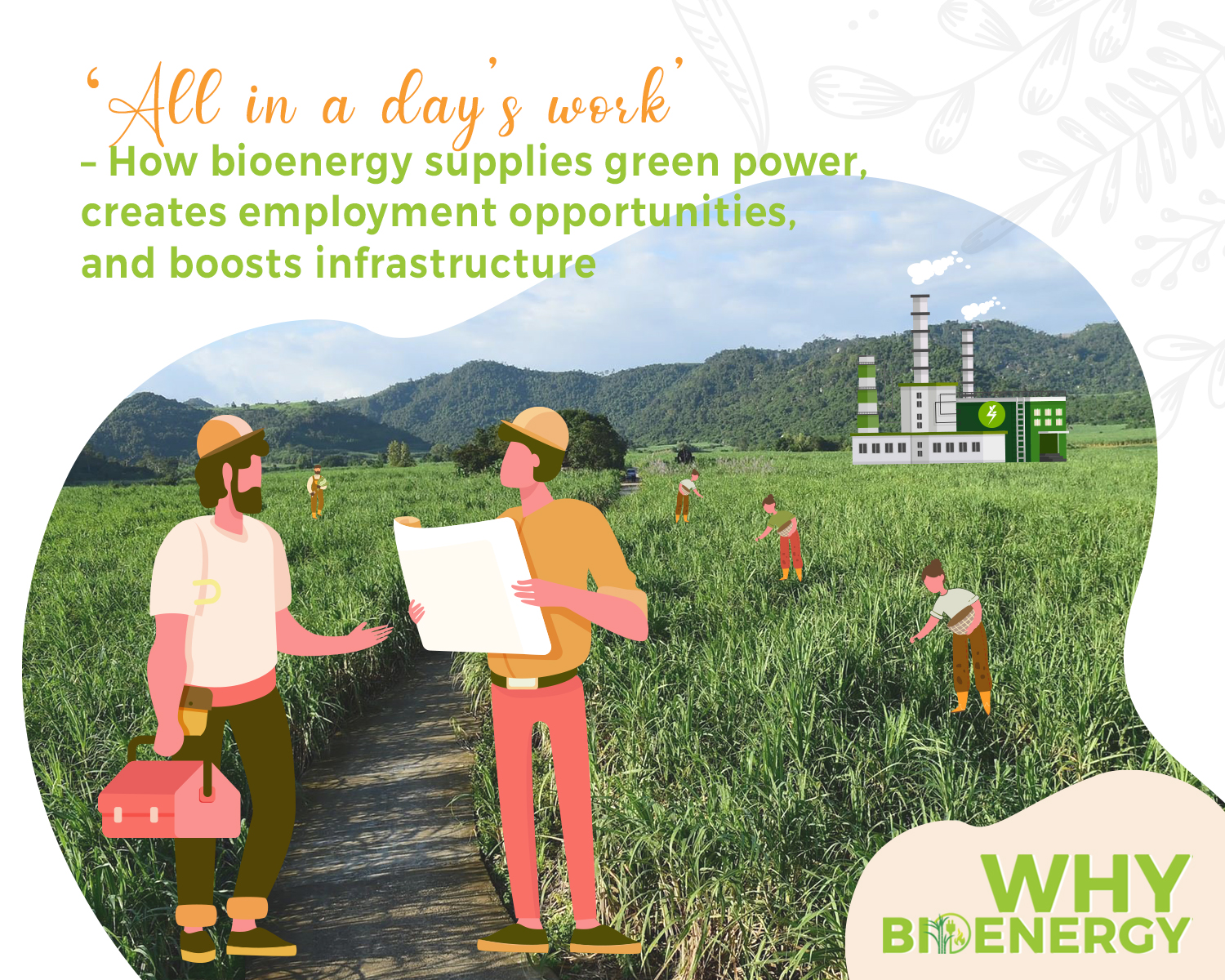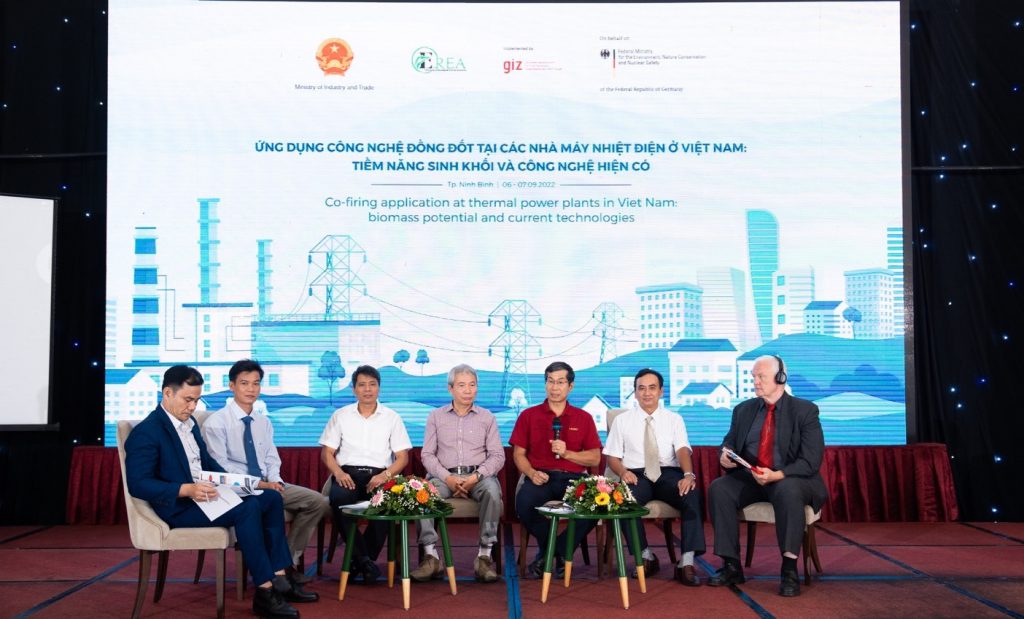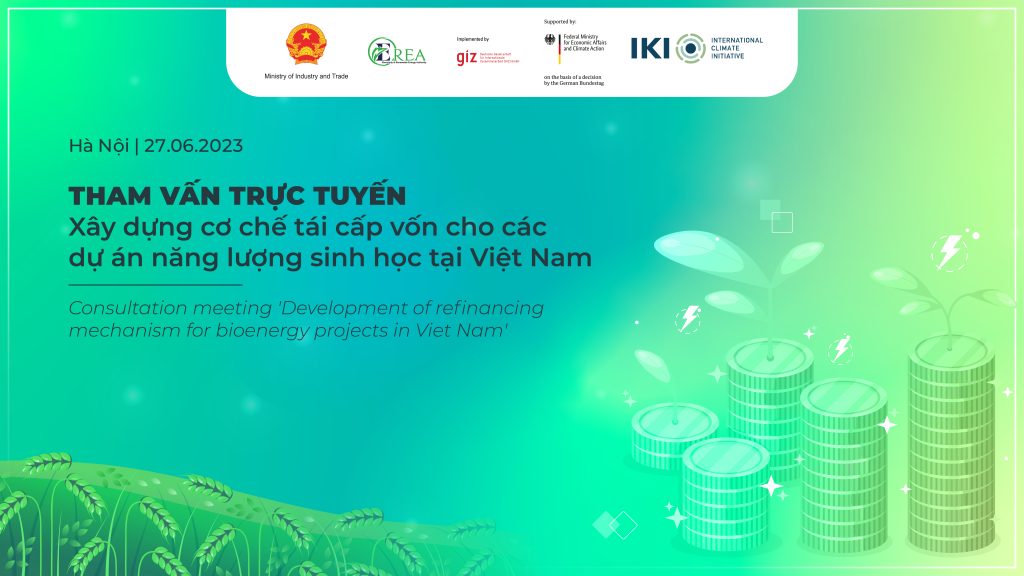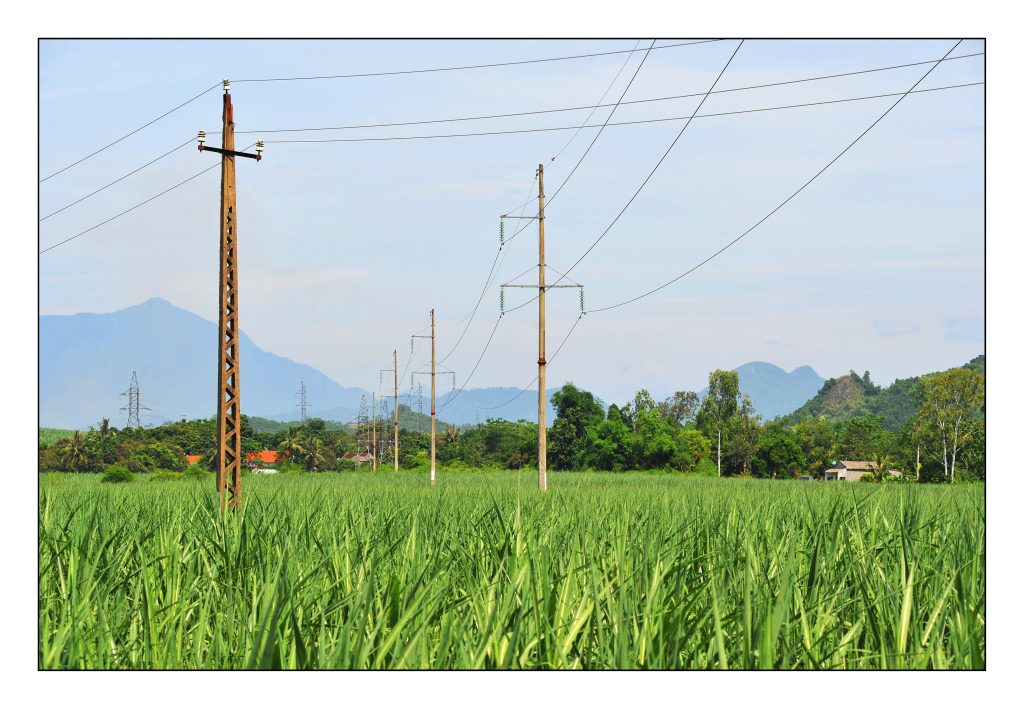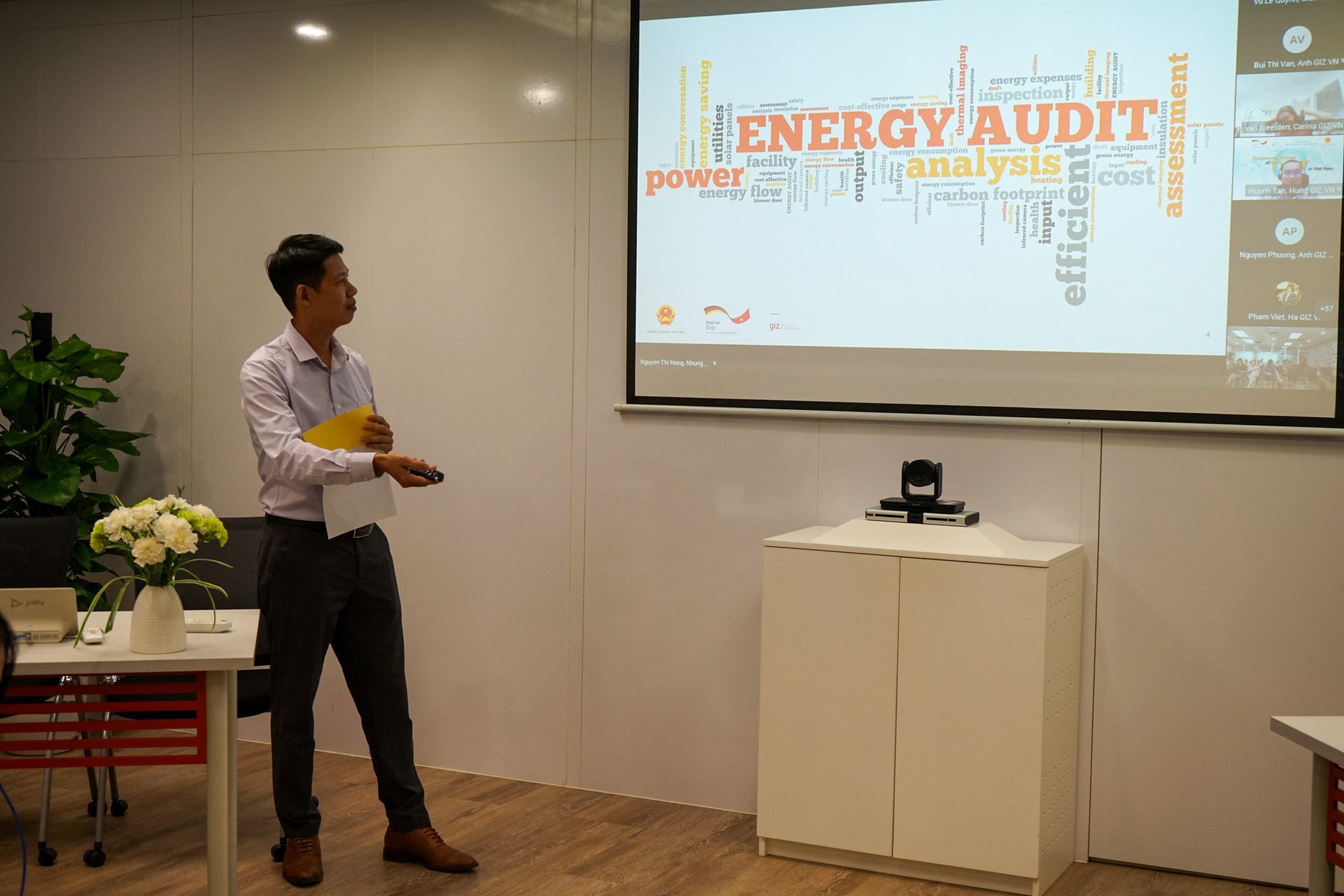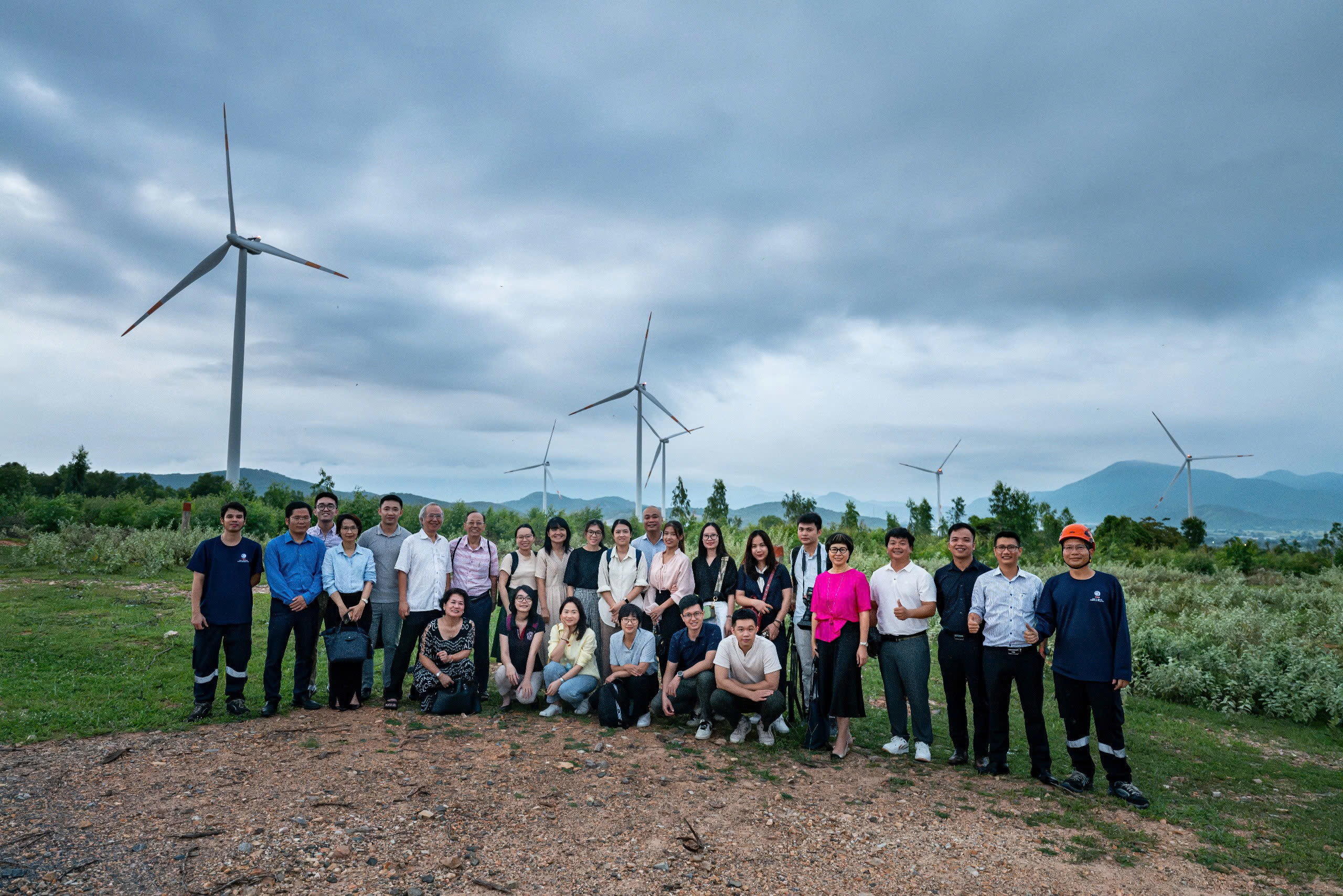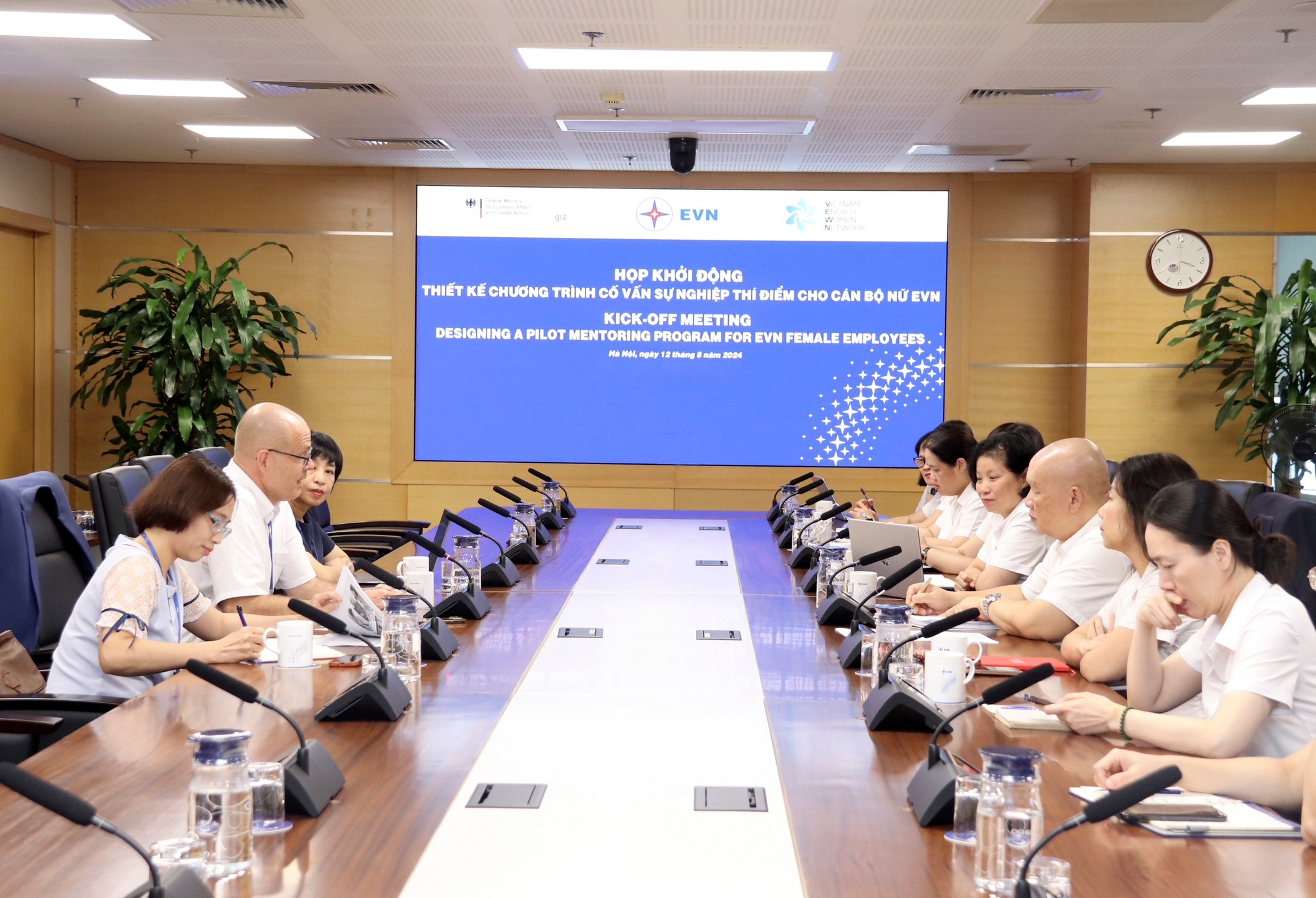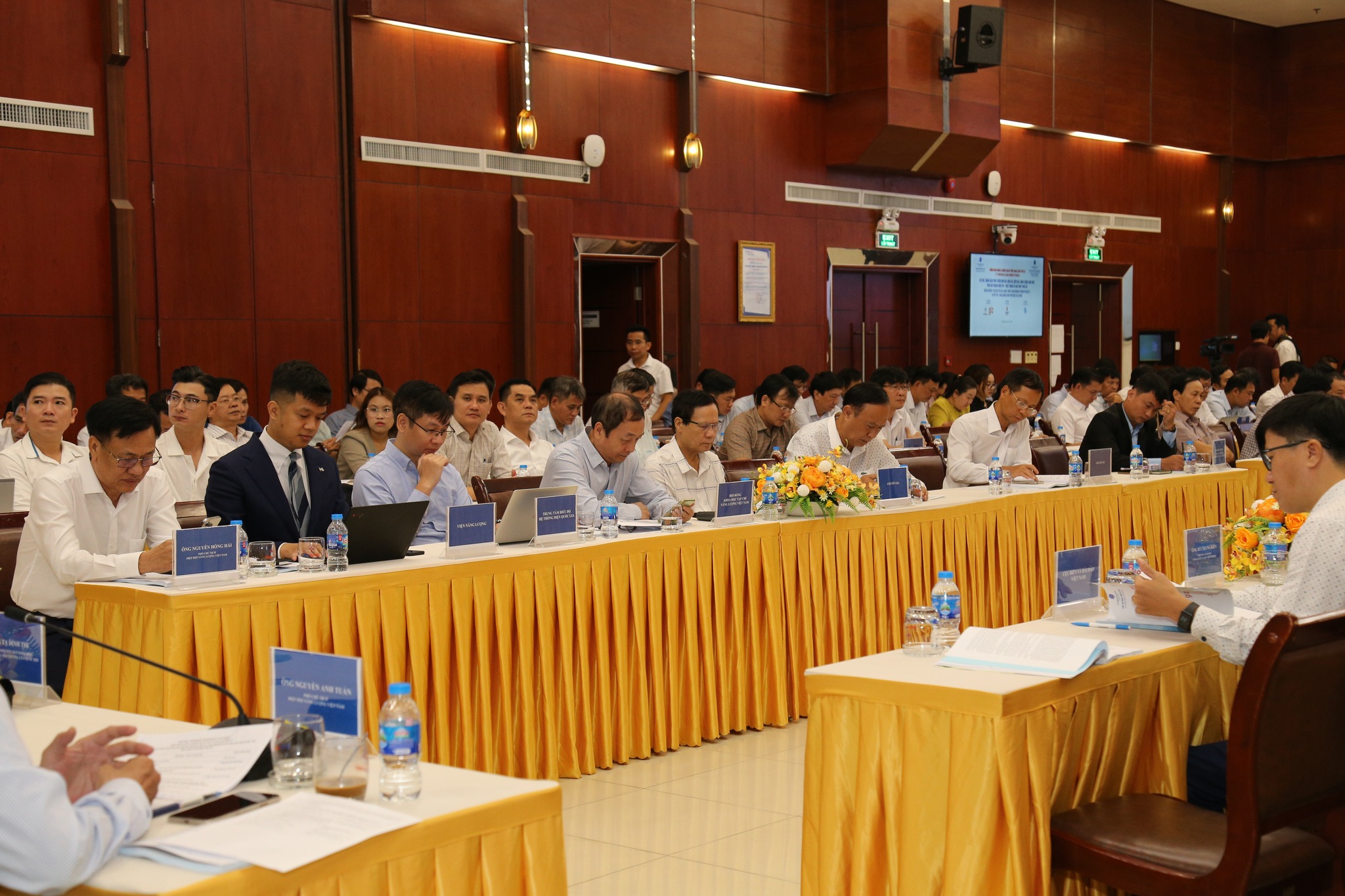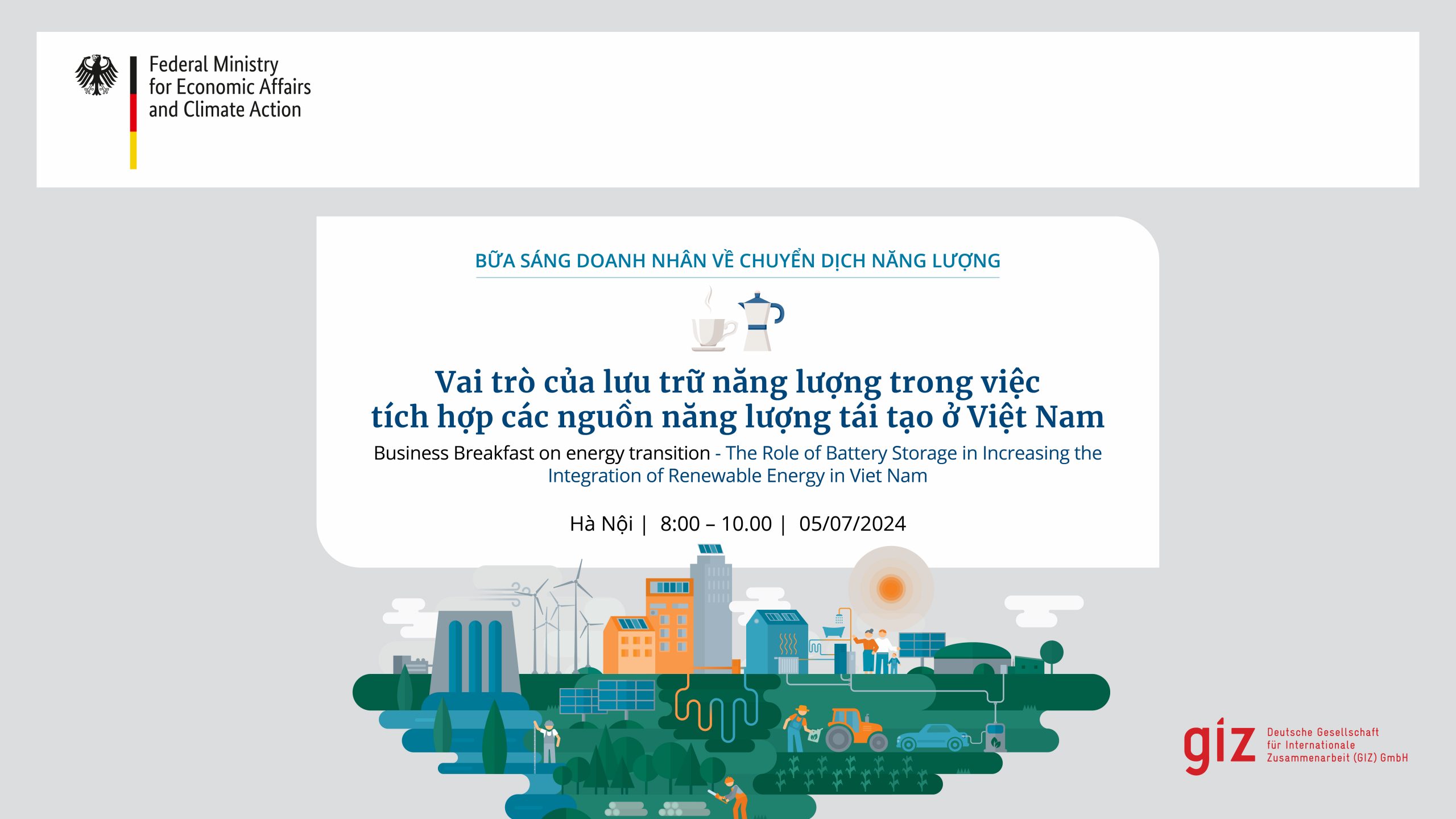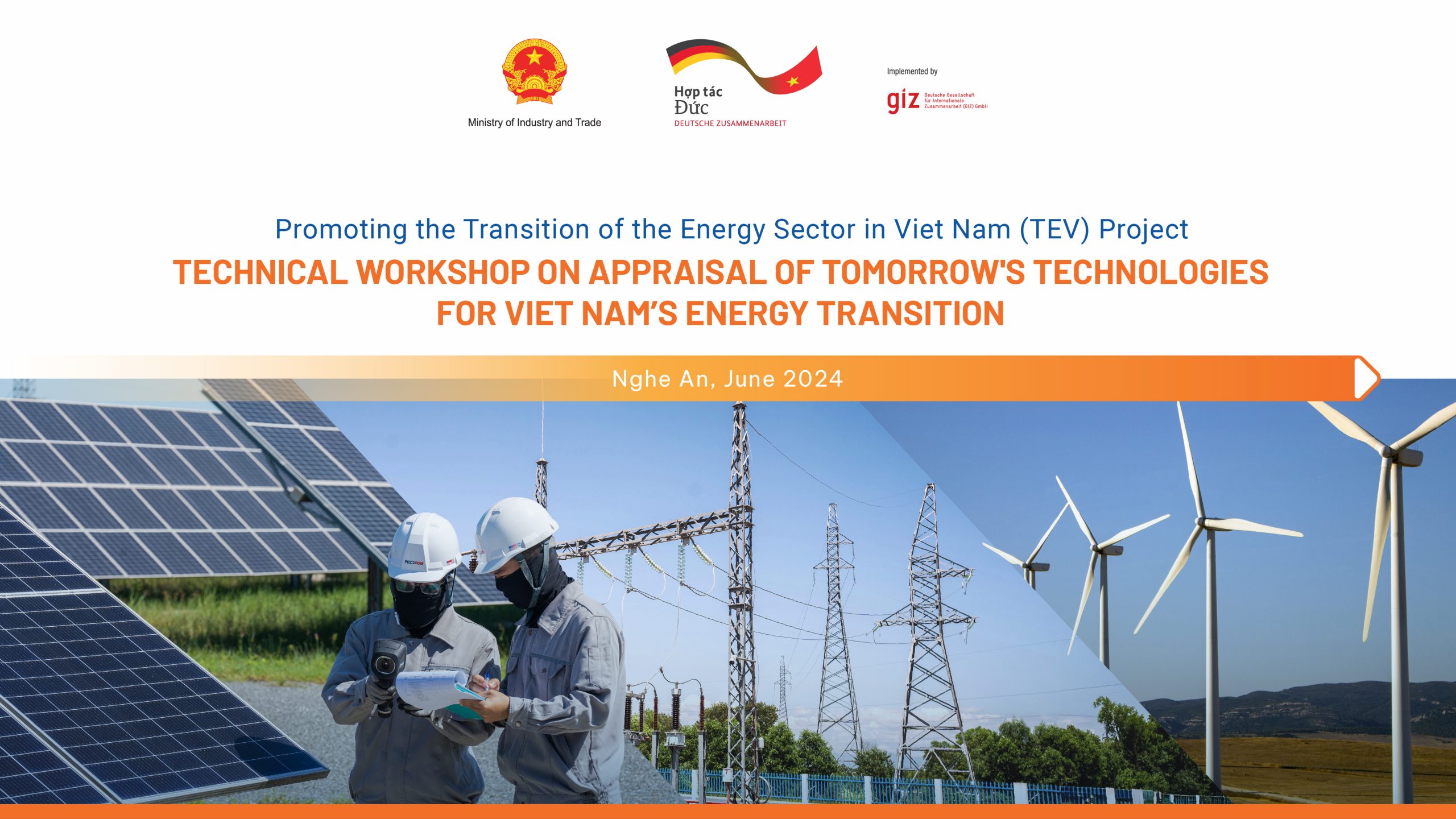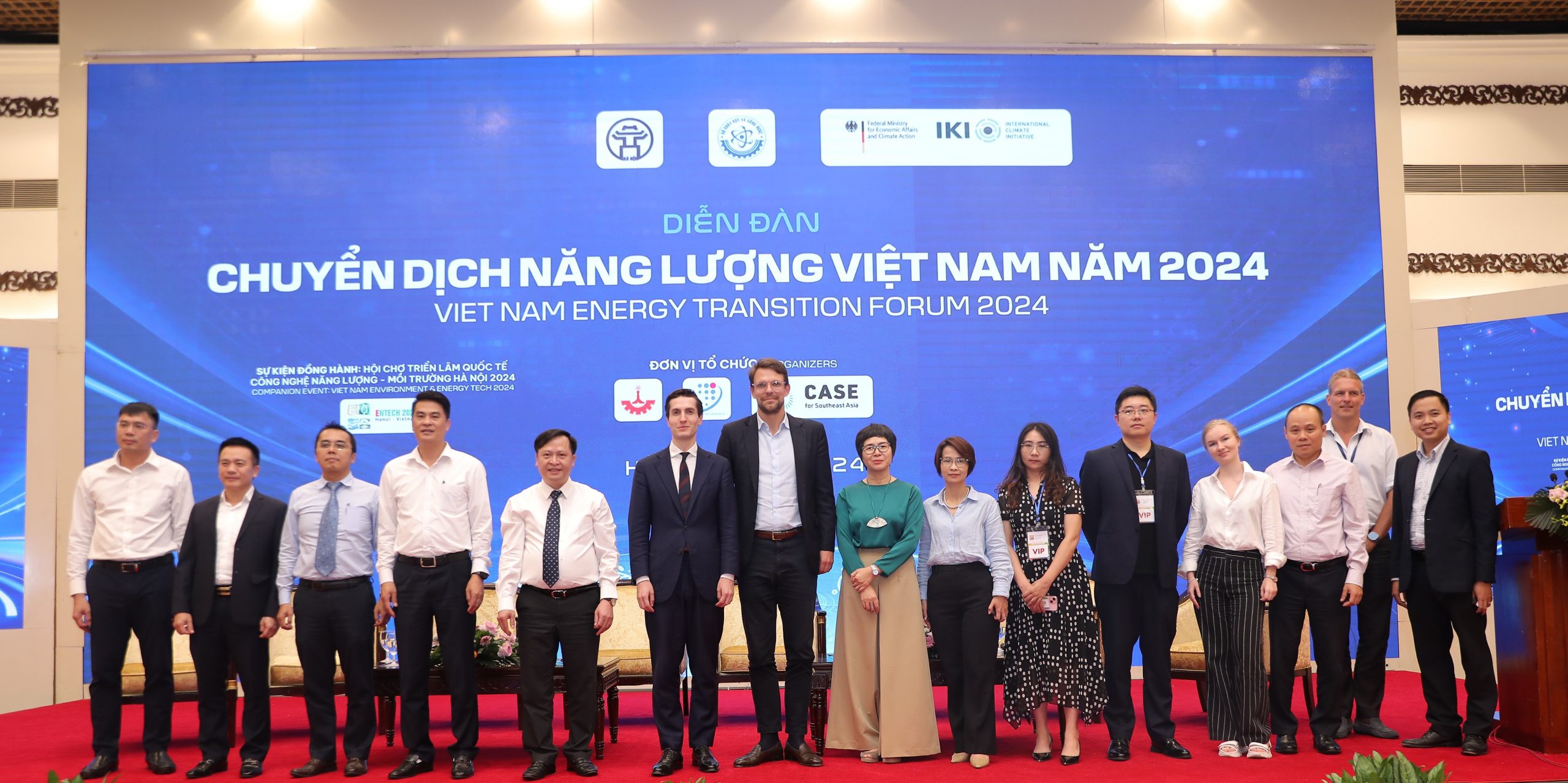One of the major benefits of bioenergy lies in creating employment opportunities especially in rural areas. Bioenergy power plants are usually located in the countryside near fuel sources such as wood processing companies, sugar cane fields or farms. This means that during the construction and operating phases of bioenergy plants, local infrastructure and employment rates would experience a significant boost. Additionally, operating bioenergy power plants in a decentralized manner close to major energy prosumers, substantially cuts back on the transportation cost of fuel supply.
Case studies about clean job creation in the field on bioenergy in the US show that in 2018, the US biomass electrical power industry alone saw a growth equaling the creation of 591 new jobs resulting a total of 12,976 employed people until 2019. For the biogas sector, the American Biogas Council (ABC) reported that in 2019, more than 2,200 biogas systems were in operation in the United States. In addition, ABC suggested that more than 14,000 additional dairy/swine farms, wastewater treatment plants, and landfill gas projects could be effectively converted into biogas production facilities. The Council concluded that these new systems could support roughly 335,000 temporary construction jobs and 23,000 full-time operational positions.
A 2018 study by the Global Green Growth Institute (GGGI) and GIZ has estimated that under an appropriate Feed-in Tariff (FiT), the development of biomass energy projects in Viet Nam will create thousands of new green jobs and increase industrial efficiency, especially in the sugar industry which currently suffers from obsolete inefficient technologies and, as a result, is increasingly uncompetitive in the region.
But also, other industries would benefit by reducing processing costs e.g. breweries, rice milling, starch, food processing.
Assuming in a first step an expansion of biomass of 500 MW with an investment volume of 600-700 millions USD, based on the assumptions of the GIZ-EREA/MOIT study “Study on Avoided Cost Tariff applicable to grid-connected biomass power projects in Vietnam” (2015), job effects could add up to 1,200 skilled jobs for on-site power plant operation as well as up to 3,000 skilled workers in the area of feedstock logistics and supply chain.



